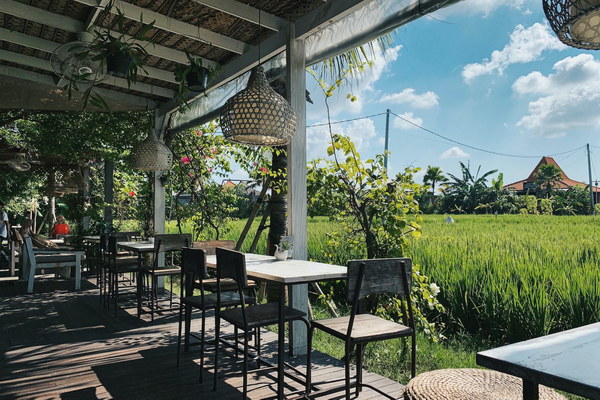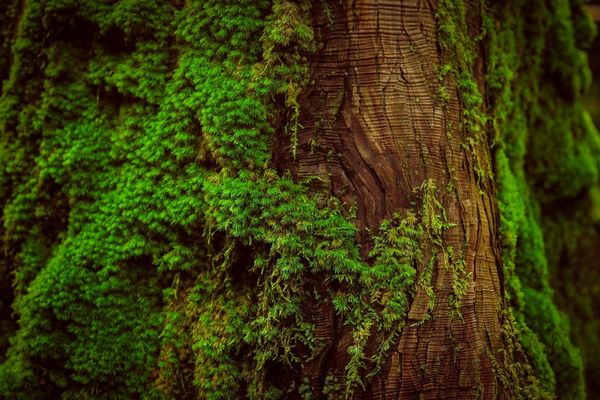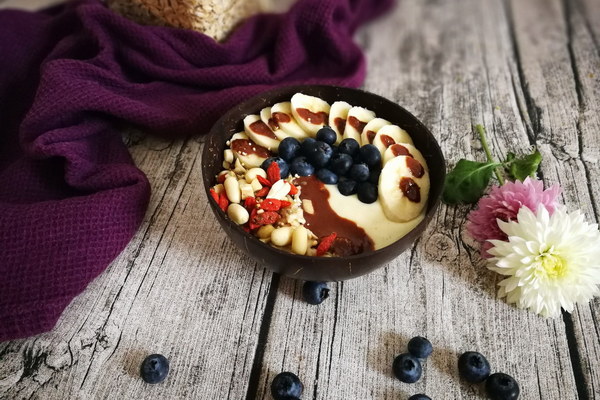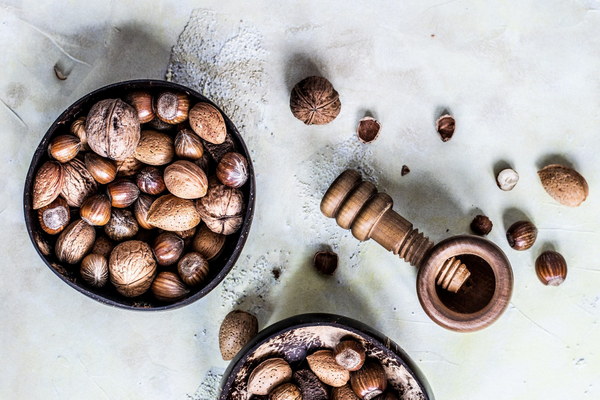Unlock the Power of Traditional Chinese Herbs A Journey with an Aged Chinese Herbalist
In the heart of a bustling city, nestled within the serene confines of a tranquil garden, there lies a quaint little shop that stands as a beacon of traditional wisdom. This is the abode of Mr. Chen, an aged Chinese herbalist who has dedicated his life to the art of healing with herbs. As the sun dips low and casts a golden hue over the cityscape, we find ourselves in a conversation with this wise sage, eager to uncover the secrets of Chinese herbalism.
Mr. Chen, with a twinkle in his eye, begins his story by explaining the profound connection between nature and human health. In ancient times, our ancestors observed the world around them and realized that the same elements that sustained life in nature could also heal the human body, he says. This knowledge has been passed down through generations, and today, I stand as a bridge between the past and the present, sharing the wisdom of traditional Chinese herbs with those seeking to improve their health and well-being.
As we delve deeper into the world of Chinese herbalism, Mr. Chen shares some of the most commonly used herbs and their properties. Honey locust seed, or Shudan, is a powerful herb known for its cooling and diuretic properties, he explains. It's often used to treat urinary tract infections and to alleviate the symptoms of kidney stones. Another herb, Astragalus, or Huang Qi, is renowned for its immune-boosting properties. It's commonly used to prevent colds and flu, and to enhance overall vitality.
One cannot talk about Chinese herbalism without mentioning the concept of Yin and Yang. Yin and Yang are the two fundamental forces that govern the universe and, by extension, our bodies, Mr. Chen asserts. An imbalance in these forces can lead to illness. Chinese herbalism aims to restore balance by using herbs that either nourish Yin or strengthen Yang.

As an example, Mr. Chen points to a popular herb known as Goji berry, or Wu Wei Zi. Goji berries are a treasure trove of nutrients, including vitamins, minerals, and antioxidants. They are known for their ability to nourish Yin, which is essential for maintaining a healthy immune system, promoting longevity, and enhancing vision.
To illustrate the effectiveness of Chinese herbalism, Mr. Chen shares a personal story of a patient who sought his help for chronic fatigue. This woman was exhausted, both physically and mentally, and nothing seemed to help her. I prescribed a combination of herbs, including American ginseng, codonopsis, and licorice root, to nourish her Qi and blood. Within a few weeks, her energy levels had improved dramatically, and she was able to return to her daily activities with renewed vigor.
As our conversation draws to a close, Mr. Chen emphasizes the importance of patience and consistency when using Chinese herbs. Herbalism is a slow and steady process. It takes time for the herbs to work their magic, and it's essential to follow the prescribed regimen. The key is to trust in the wisdom of our ancestors and to approach healing with an open mind.
As we leave the garden, we carry with us a newfound appreciation for the power of traditional Chinese herbs. Mr. Chen's knowledge and experience have provided us with invaluable insights into the world of herbalism, and we are forever grateful for his guidance. In a world that is constantly evolving, the wisdom of our ancestors remains a timeless treasure, waiting to be discovered by those who seek a holistic approach to health and wellness.









